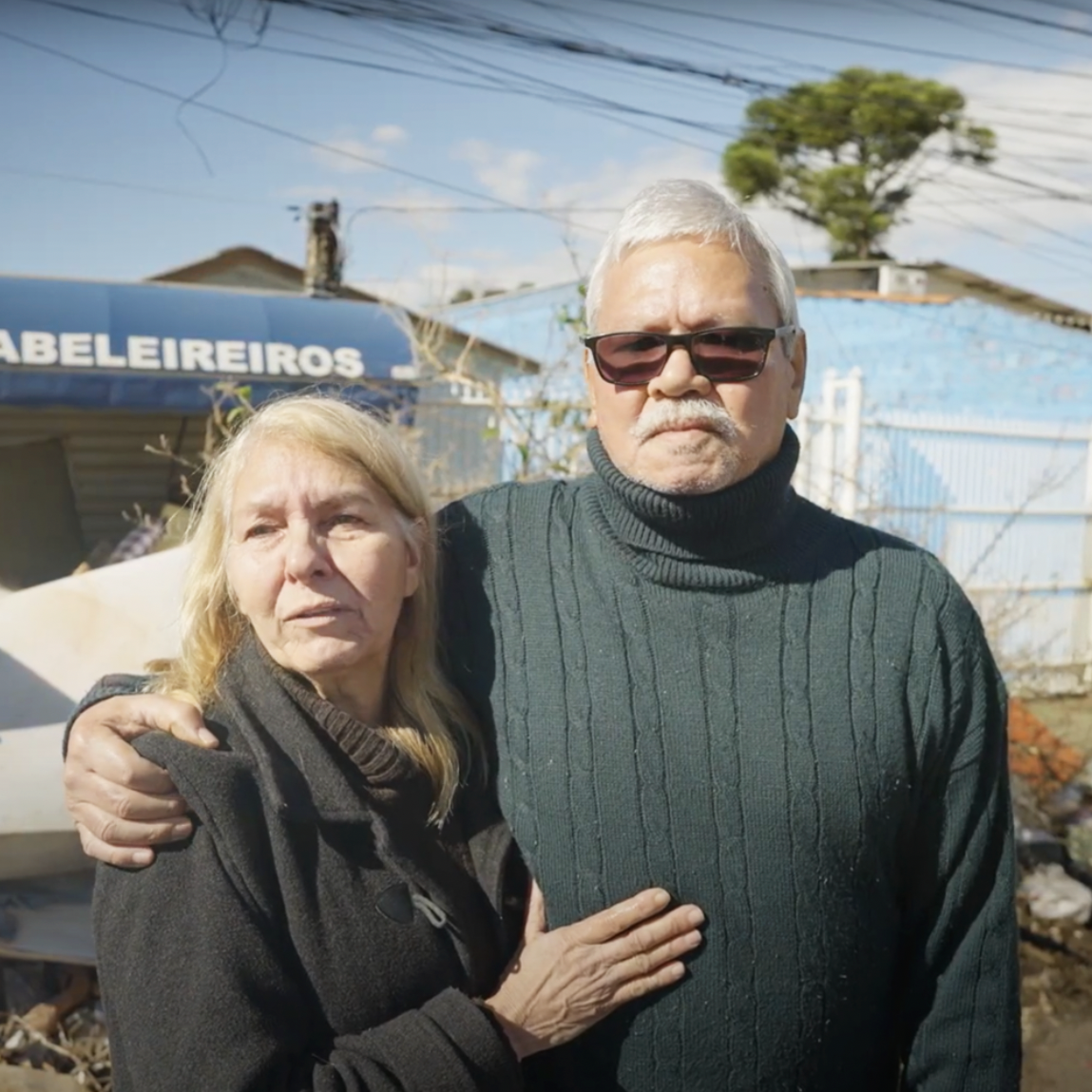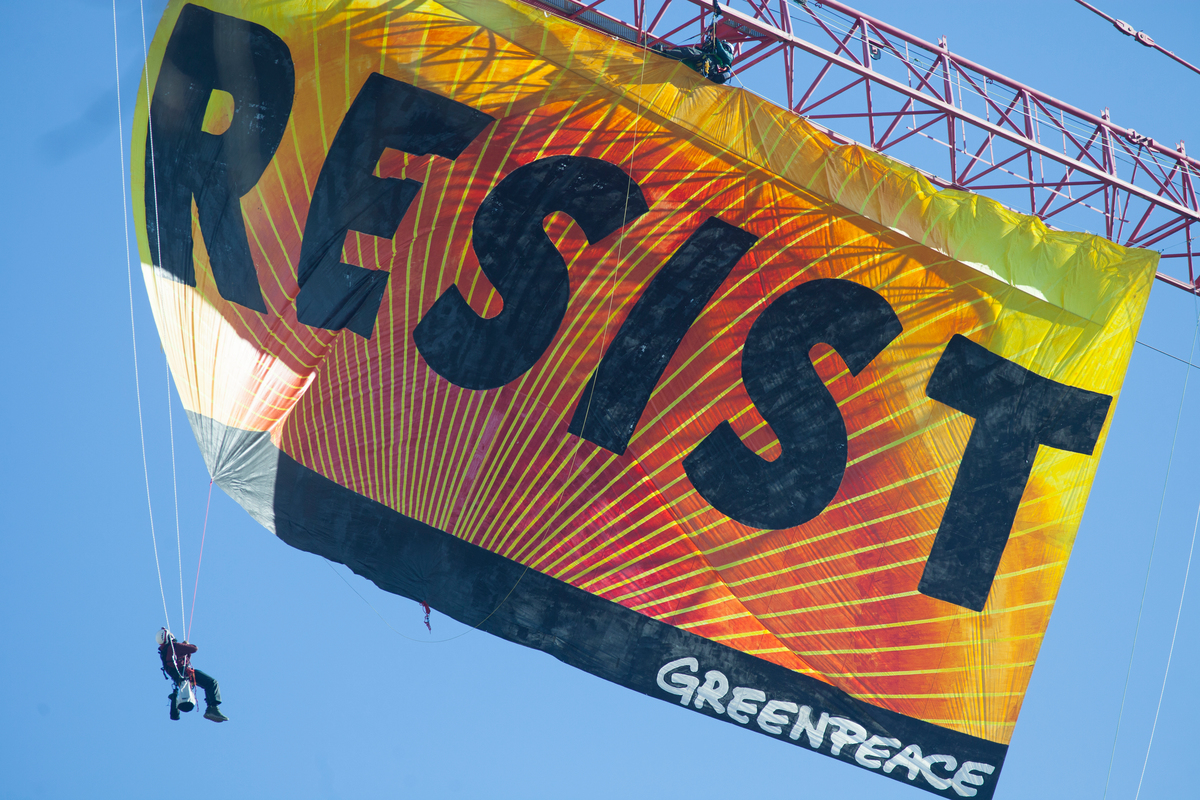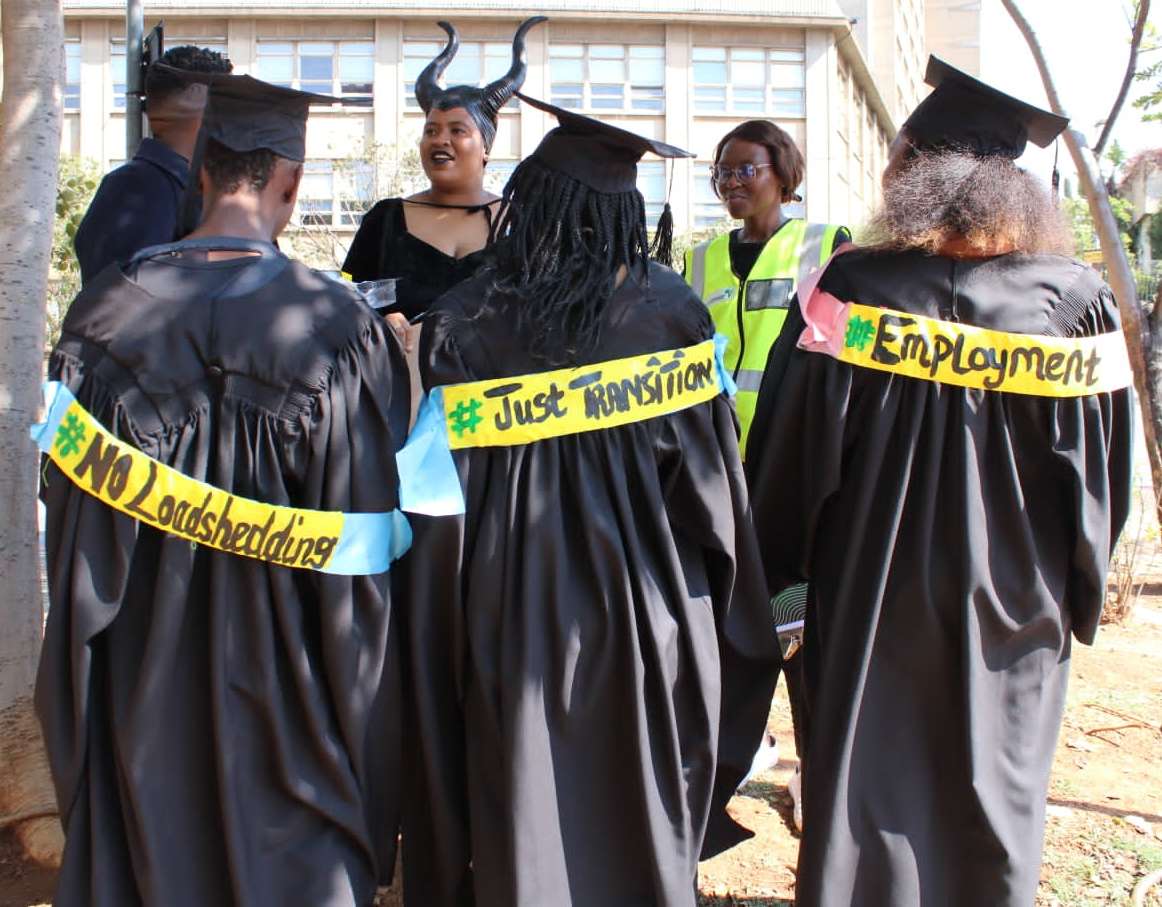Greenpeace is committed to respect the hard-earned rights of workers and supports a socially fair and just transition away from polluting industries.
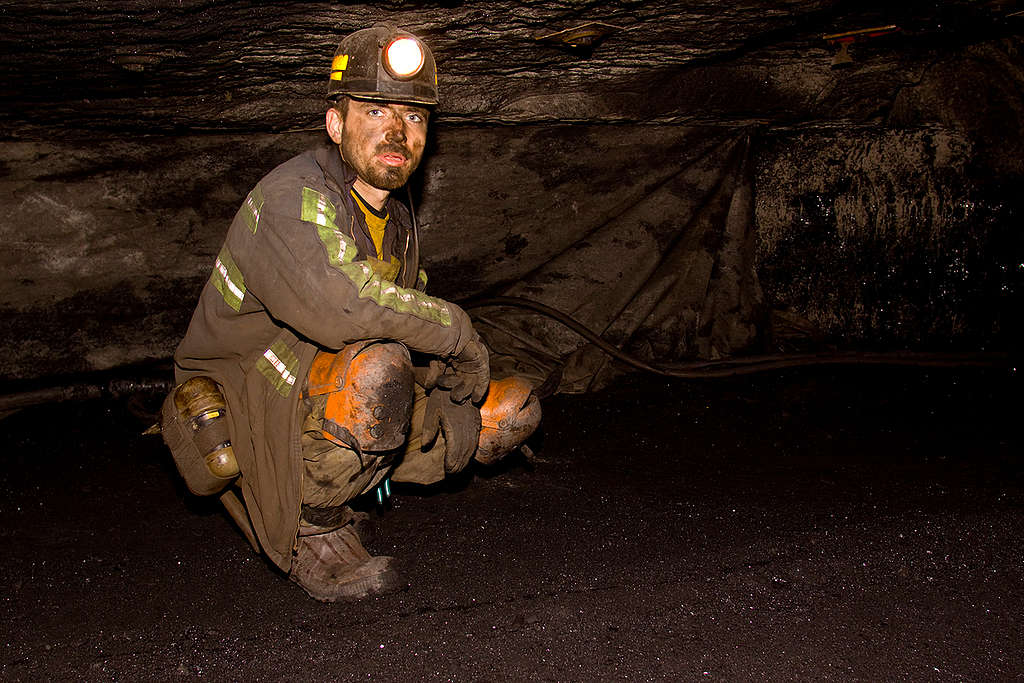
Why we are marking May 1st
Today we are celebrating International Workers’ Day. Workers and their unions have played a critical part in shaping the world we know today. Often demonstrating incredible perseverance, resilience and stubborn optimism. If you enjoy weekends off or sick pay or parental leave – then you have benefited too!
People-power is at the heart of Greenpeace, and the workers movement has much to teach us. The power of collective bargaining and the courage of strike action are proof that people can work together to change the world for the better. All due respect to that.
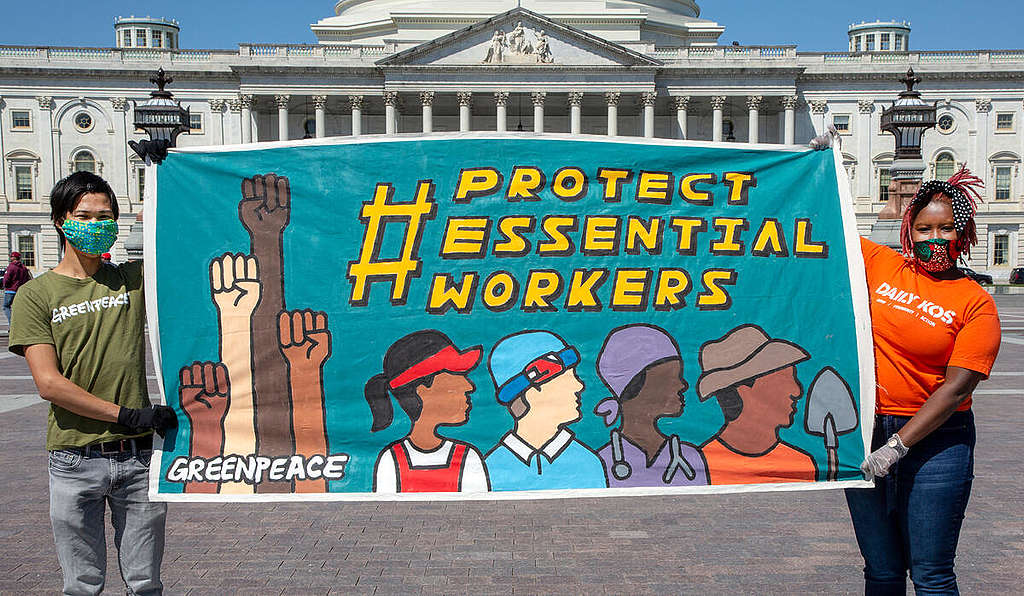
How will climate change impact workers?
On the one hand, many people’s livelihoods are tied to polluting sectors. Think oil and gas workers, aviation engineers, factory workers making petrol and diesel vehicles. The decline of these industries is inevitable as we cut greenhouse gas emissions, and this will impact working people and their families. Many are looking for a way out or to re-skill.
On the other hand, there is a huge amount of work to be done in creating cleaner transport, building renewable energy infrastructure, insulating homes and restoring nature. These are all industries that will continue to grow. And with the right investment, training and support, a wide range of opportunities could replace the jobs lost.
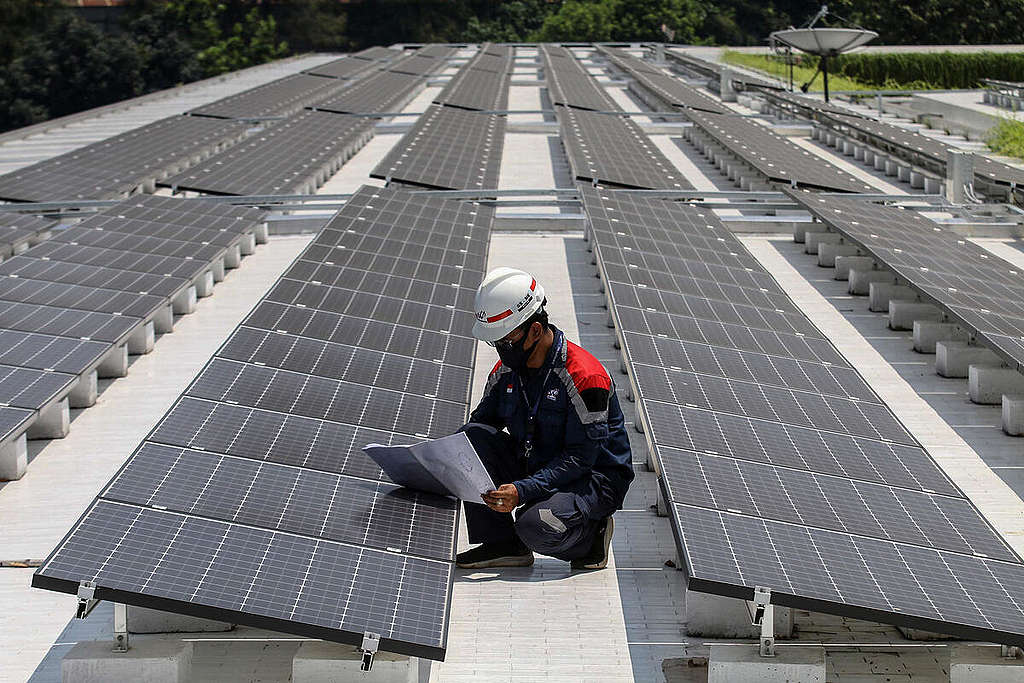
This is the essence of the term just transition; moving to a more sustainable economy in a way that’s fair to everyone.
Done right, the transformation that’s needed to reduce emissions can also be a chance to tackle many of the other injustices in our societies. Done badly, it could worsen them. Everyone should be able to support their loved ones and enjoy a decent quality of life. The bottom line is that there can be no environmental justice without social justice.
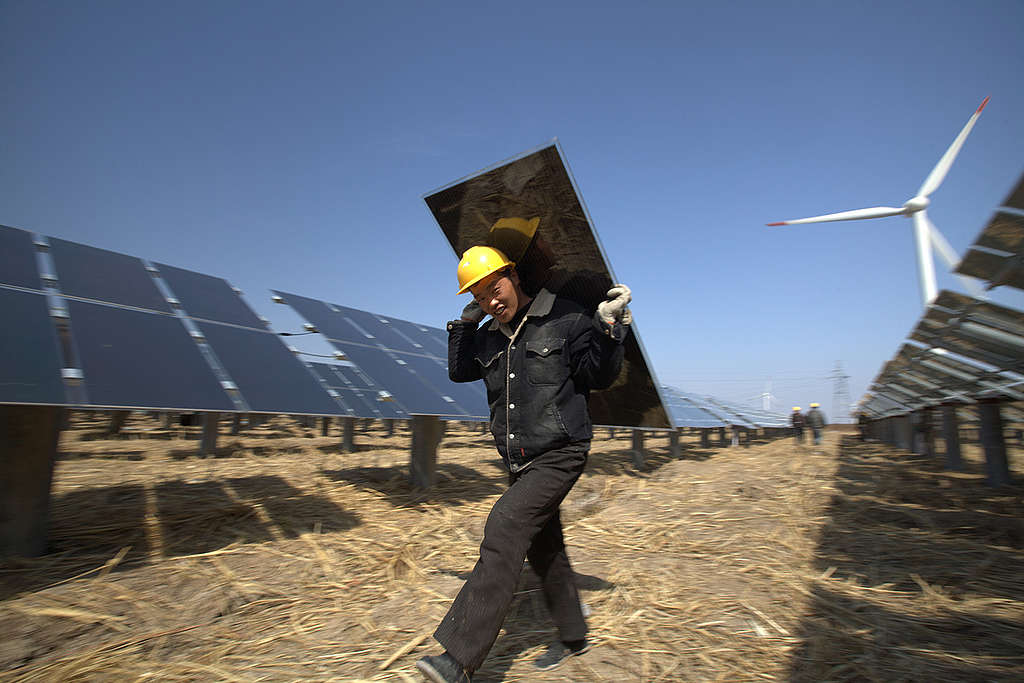
What needs to be done?
A just transition won’t happen on its own. We must work together to make sure that the investment and support is in place.
Many unions and rank-and-file workers around the world have been making this point for years. The term just transition was born of the labour movement and impacted communities. Its demands include things like; funding for re-training, employment guarantees when dirty industries wind down, good labour standards and pay in the greener growth industries, access to join a union, and provisions for relocation when appropriate.
Plus a strong social safety net extended to whole communities and development plans for regions impacted. Past experiences teach us that industry transitions can have huge ripple effects and not everyone can or will relocate.
Perhaps most urgent is the demand for investment and policies to scale up these growing industries and create new and decent jobs.
No one size fits all: designing transitions tailored to each situation will need consultation and the active participation of workers and their unions.
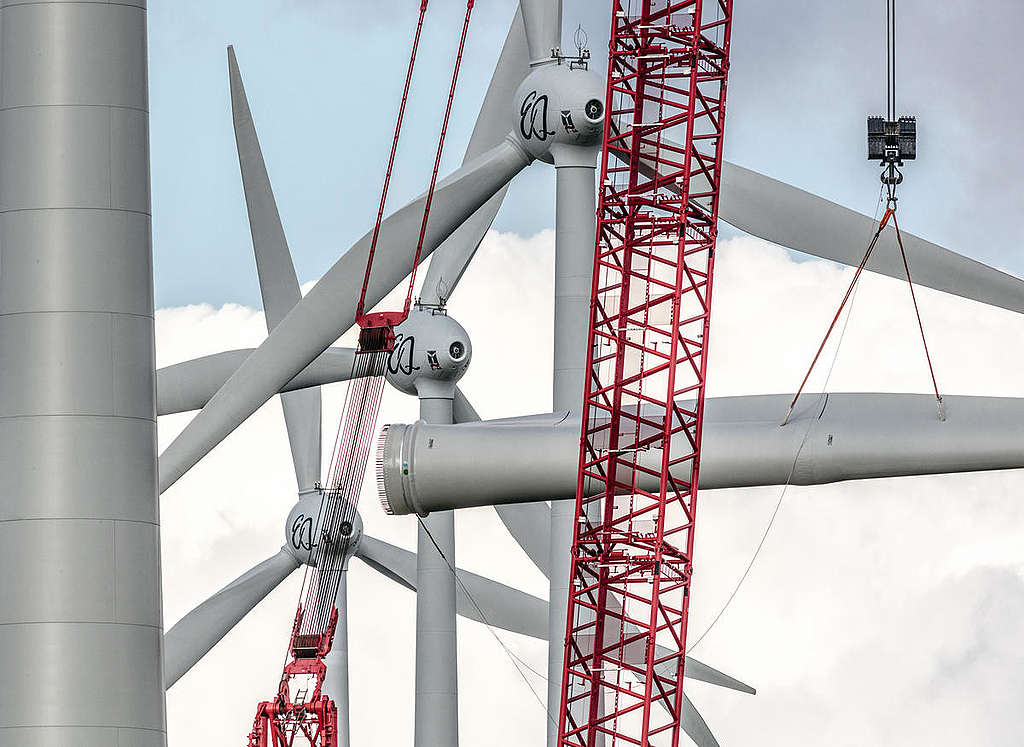
Who should foot the bill?
Well, we know of plenty of companies and super rich elites who have been profiting from dirty industries for decades. We say polluters should pay up.
When fossil fuel companies seed doubt about the science, or use carbon accounting tricks to deny the scale of the change ahead, or promise jobs they can’t deliver, or use climate change as an excuse for job cuts made for other reasons, they aren’t doing their employees any favours. Instead, they are dragging them further down into the hole they are digging.
So today, on International Workers Day, let’s all of us who care about a green and peaceful future think about what we can do to push for a just transition. Not just in words but in actions and policy demands.
And let’s reaffirm our conviction in the power of people to work together to change the world for the better. Because we need that power right now, perhaps more than ever.
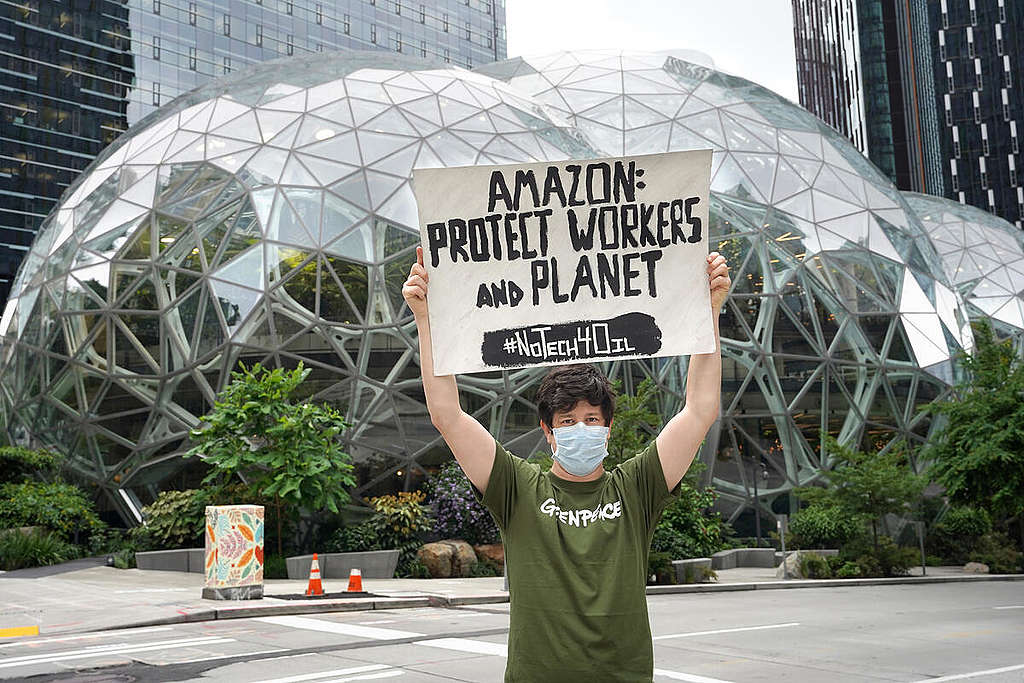
Seven awesome examples of people power from the workers movement
- Brazil: Street cleaners in Rio de Janeiro won an unprecedented victory after an eight-day strike which left tonnes of trash on the streets of the city right after the 2014 Carnival, and just before the World Cup. The slogan ‘Don’t treat us like rubbish!’ resonated with many people, and they started work again with a 37% pay rise!
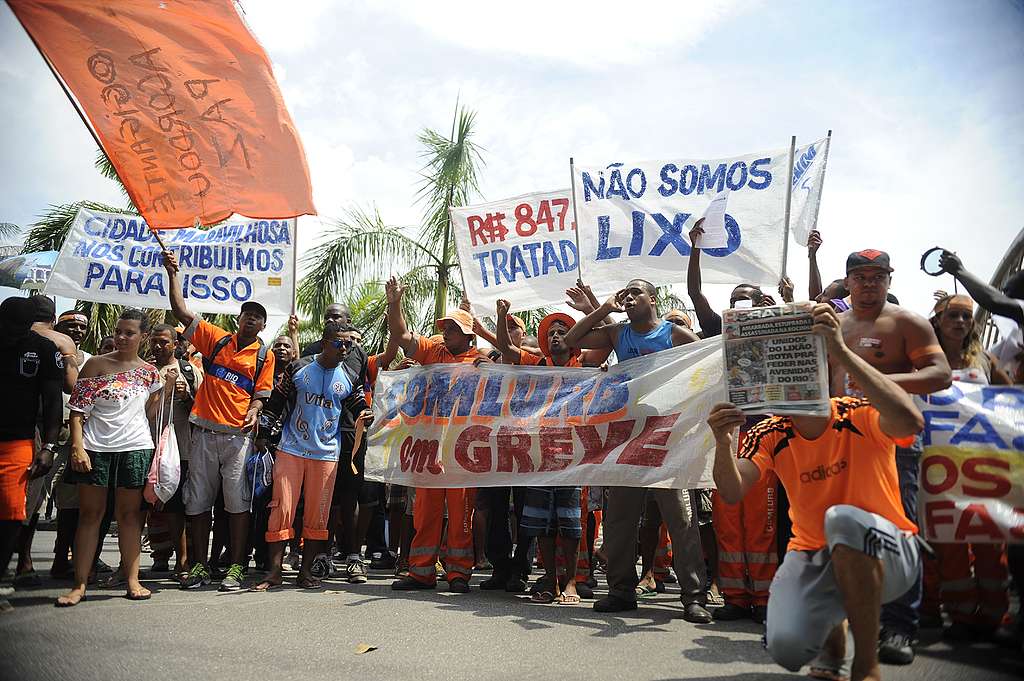
Street cleaners protest outside City Hall, Rio de Janeiro, Brazil.
- Korea: South Korean welder and labor activist Kim Jin-suk inspired her country back in 2011 by occupying the top of a 115-foot shipyard crane for 309 days to protest worker layoffs and defend workers’ rights. The result? The company rehired nearly a hundred unionists after a social movement inspired by her sit-in broke out across the country.

Labour activist Kim Jin-Suk.
- Australia: Green Ban’s in the 1970s, led by the Builders Labourers Federation in response to concerns by local communities held strike actions to protect parkland, low-income housing and buildings with historical significance. Construction workers would down tools and forced developers to change plans. In the longer term green bans influenced local planning structures as well as national planning systems.
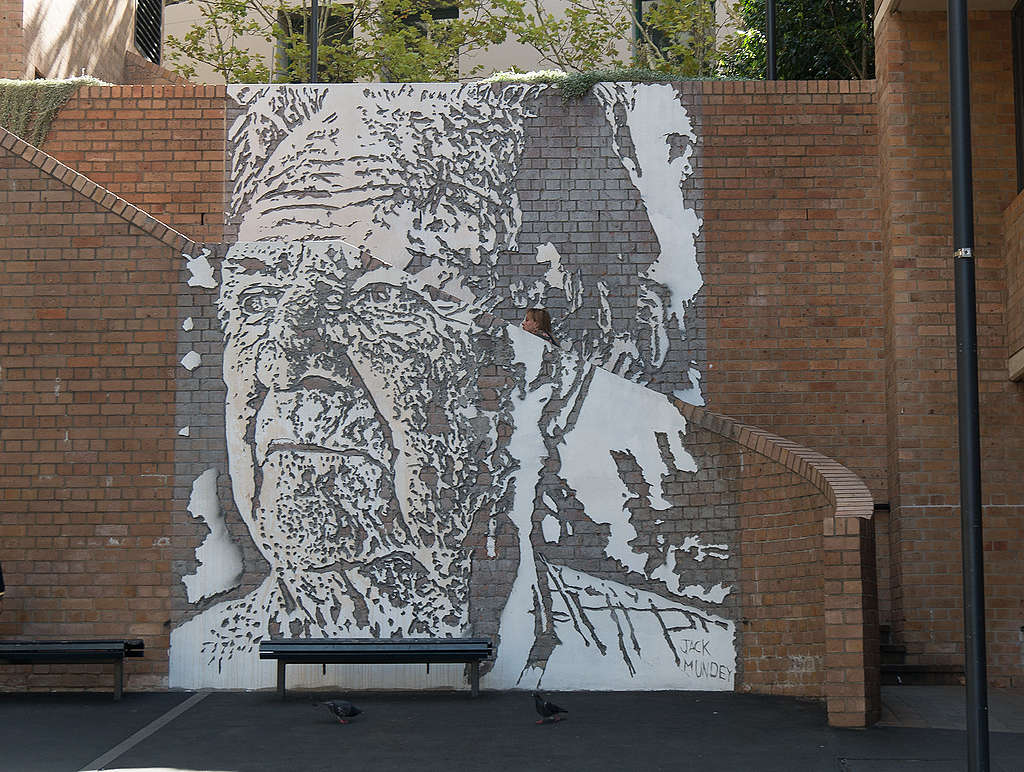
Mural featuring Jack Mundey of the Builders Labourers Federation, Sydney, Australia.
- USA: The grape strike in Delano, California was a labor strike that brought together Filipino and Mexican farm workers to fight for better working conditions. Starting in 1965 it lasted 5 years, and gave birth to the United Farm Workers union. The movement grew and was supported by a consumer boycott of non-union grapes. In 1970, the workers and their union won an agreement with major table grape growers, affecting more than 10,000 farm workers.
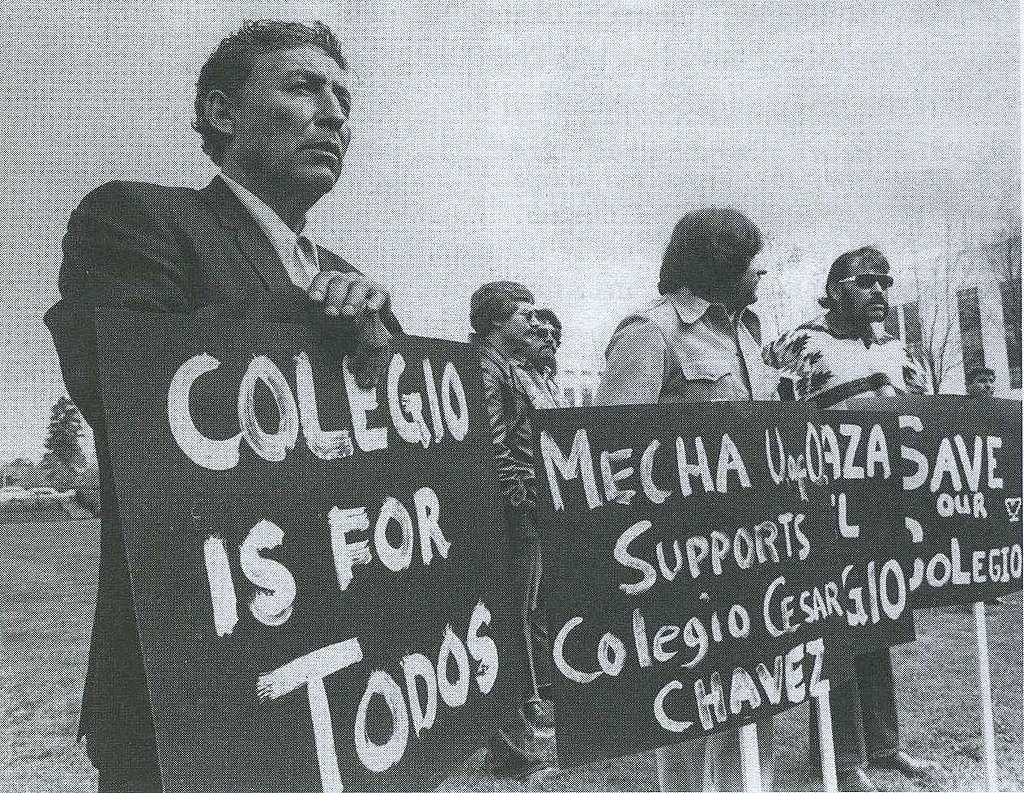
Supporters of Cesar Chavez, founder of the National Farm Workers Association.
- South Africa: In the anti-Apartheid movement, the struggle for basic trade union rights and the broader struggle for human rights were deeply connected. Uniting diverse sectoral unions, The Congress of South African Trade Unions (COSATU) was founded in the early 1980’s. It was an extraordinary period in history that brought together civil society movements, churches, labour, student movements, and the broader Mass Democratic Movement into a single united front. Thousands of people were detained, hundreds of thousands went on strike, and millions of people around the world took solidarity action. In 1994 South Africa’s first non-racial election was held and democratic rule was won.
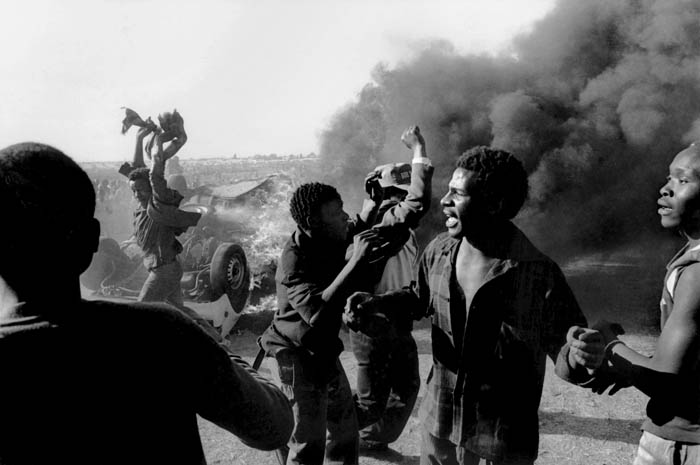
Anti Apartheid protest, South Africa.
- Tunisia: Tunisian General Labour Union played a critical role in the The National Dialogue Quartet, alongside three other civil society organisations representing workers, welfare, the principles of the rule of law and human rights. The Quartet was formed in the summer of 2013 in the wake of the Arab spring, when the democratization process was in danger of collapsing and the country was on the brink of civil war. They helped to establish a new constitutional system, and in 2015 the Quartet won the Nobel Peace Prize.
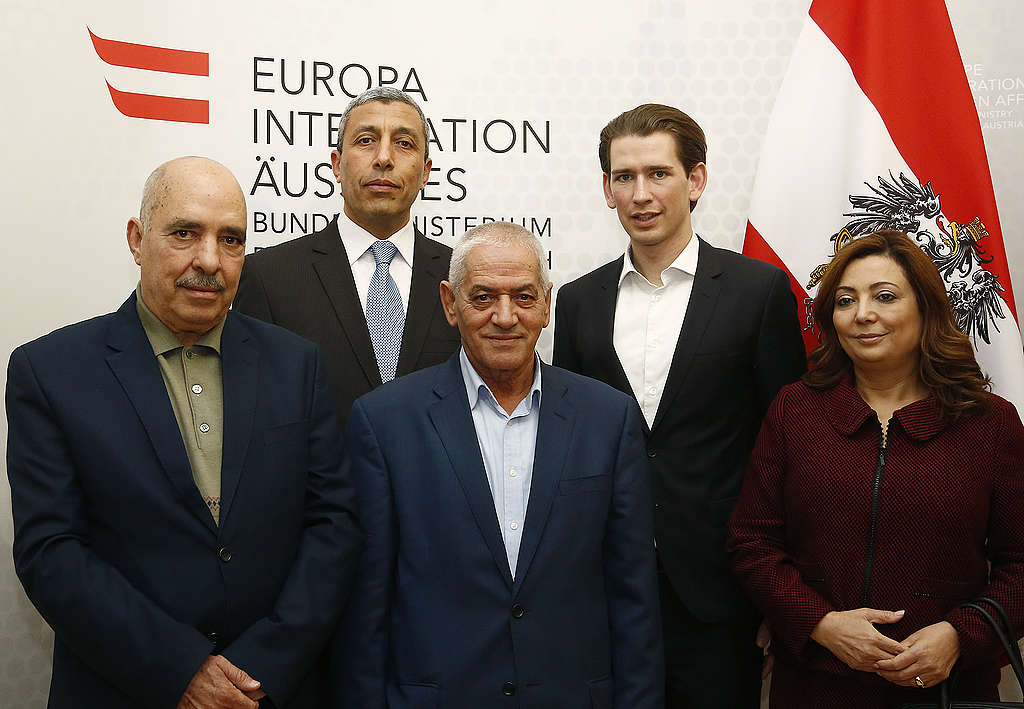
Meeting with the Tunisian Nobel Peace Prize Laureates. Vienna.
- International: The Make Amazon Pay campaign is a collaboration of warehouse workers, climate activists, and citizens around the world, taking on the world’s richest man and the multinational corporation behind him. Launched in 2020, calling out poor worker conditions, tax dodging, environmental impacts, and failings to properly protect staff during the Covid pandemic. Spanning India to Poland, Bangladesh to Mexico, this is an example of a truly international effort.
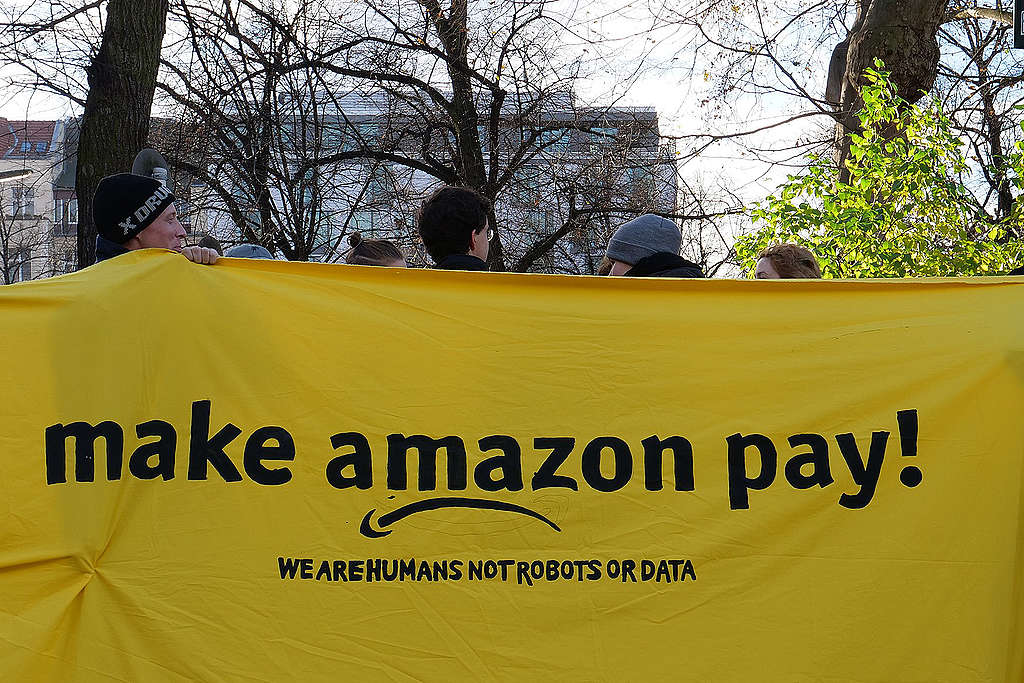
The ‘Make Amazon Pay’ Alliance, Berlin.
Sophie Allain is a campaigner with the Greenpeace International Fossil Fuel Workers and Just Transition Group

